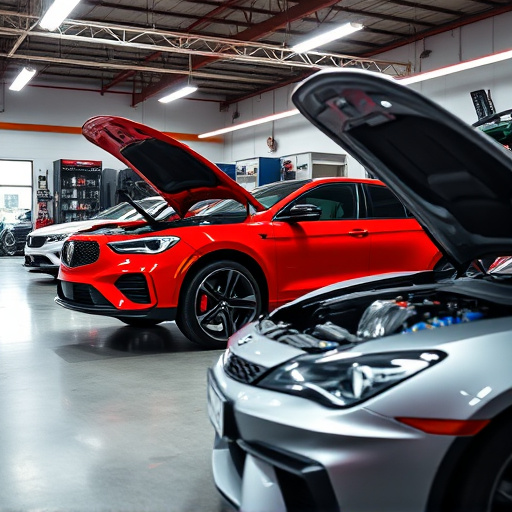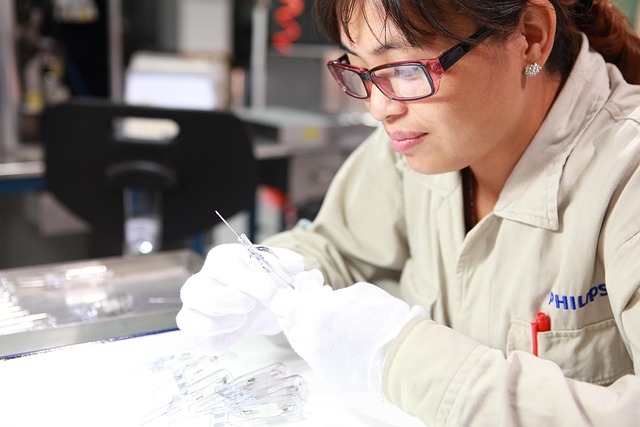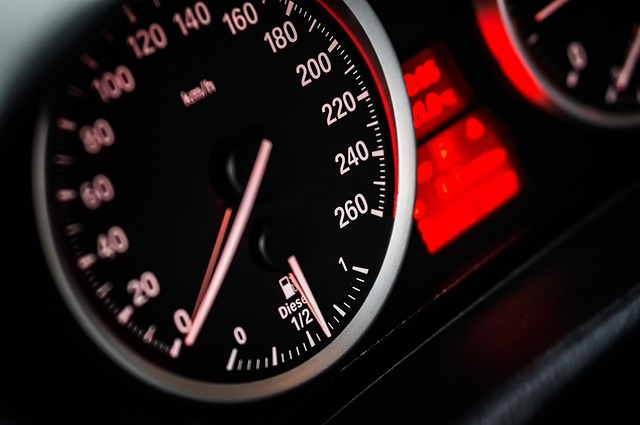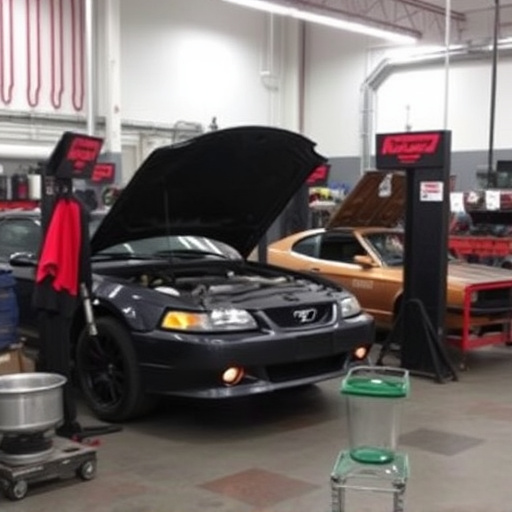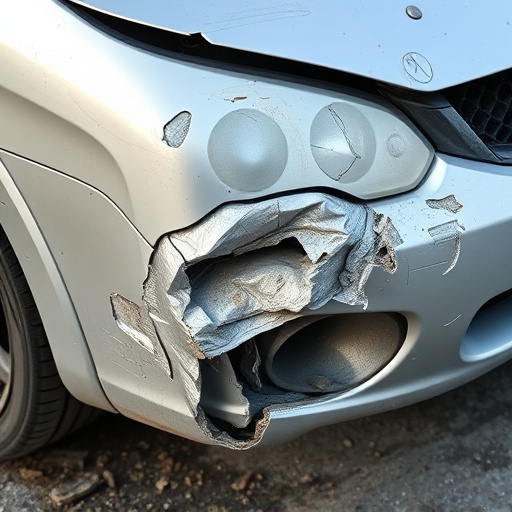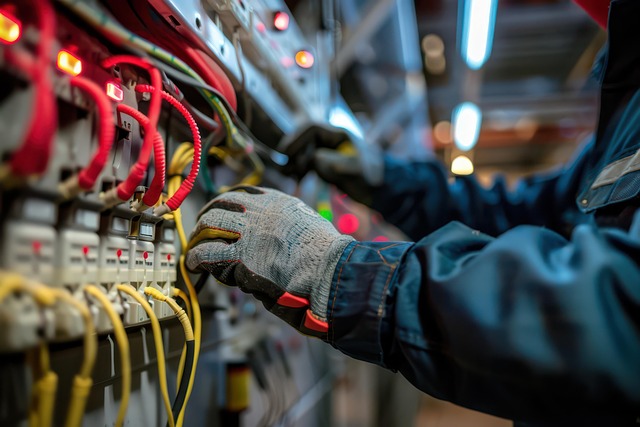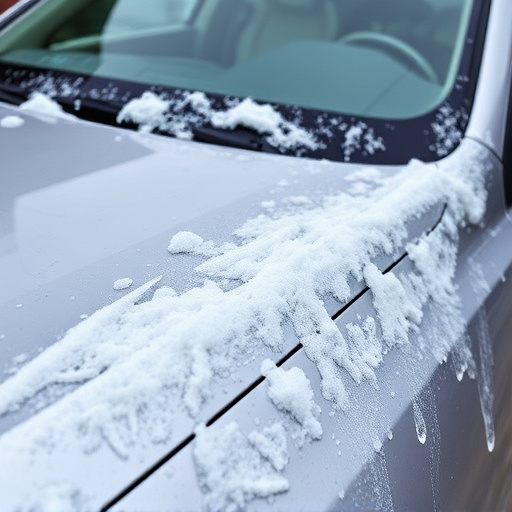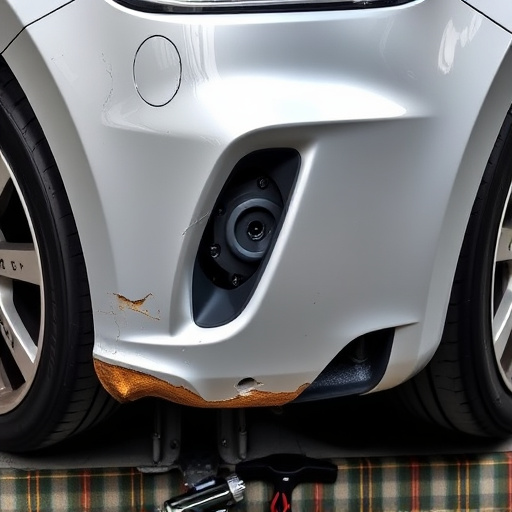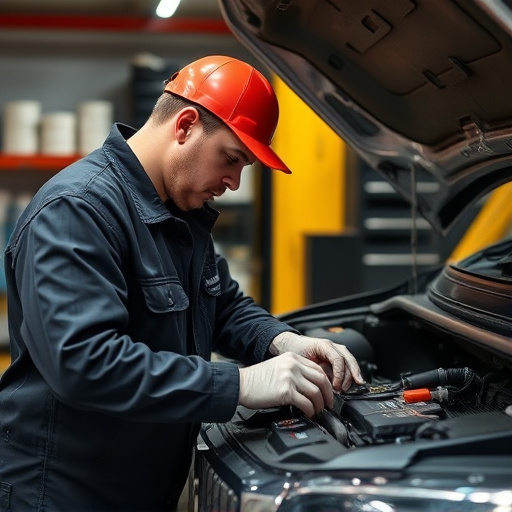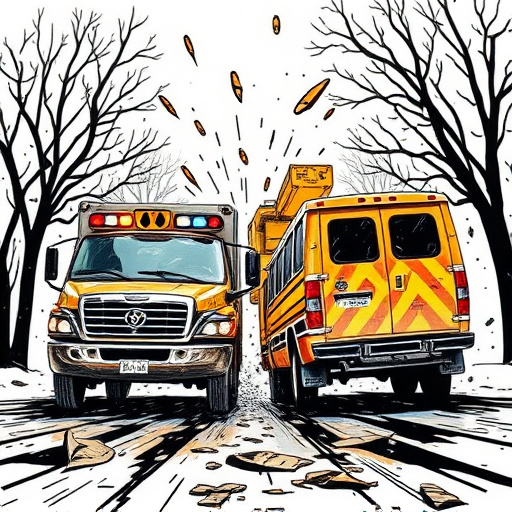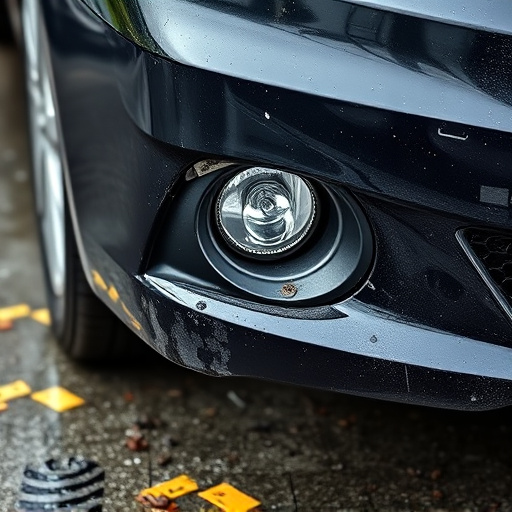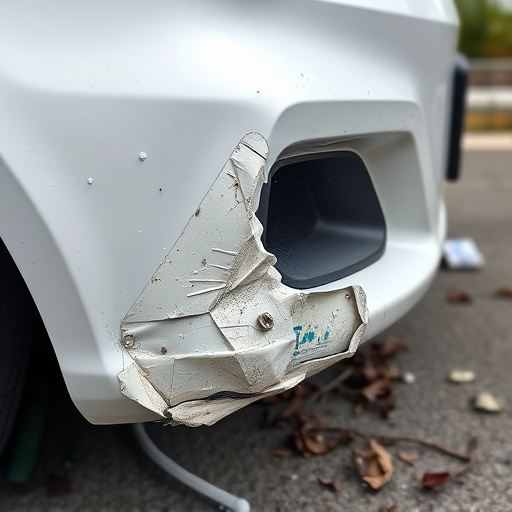Repair Quality Verification (RQV) is a crucial process ensuring vehicle safety, functionality, and customer satisfaction post-repair, from minor dents to major structural damage. It involves detailed inspections, computer-aided measurements, and advanced testing to verify repairs meet industry standards. Skilled professionals are vital for maintaining quality control, preventing costly mistakes, enhancing road safety, and building trust among vehicle owners and repair shops.
“Repair Quality Verification (RQV) plays a pivotal role in safeguarding vehicle integrity. This critical process ensures that repairs are conducted with precision and adherence to standards, preventing potential safety hazards and maintaining optimal performance.
By delving into the core concept of RQV, we explore its mechanisms—from meticulous inspections to advanced technology—that safeguard vehicles. We also uncover the essential role skilled professionals play in this process, ultimately fostering a reliable and secure automotive ecosystem.”
- Understanding Repair Quality Verification: The Core Concept
- How RQV Ensures Vehicle Integrity: Mechanisms and Benefits
- The Impact of Skilled Professionals in Repair Quality Verification
Understanding Repair Quality Verification: The Core Concept

Repair Quality Verification (RQV) is a crucial process that ensures vehicle integrity and safety after any repair work, be it for minor dents or major structural damage like auto frame repair. It involves meticulous inspection and testing to verify that all repairs meet or exceed industry standards and manufacturer specifications. This rigorous verification goes beyond visual inspections to include functional tests, computer-aided measurements, and, in some cases, non-destructive testing methods.
The core concept of RQV is simple yet vital: ensuring that every component of the vehicle, from the auto body services to intricate mechanical parts, functions as intended post-repair. This is particularly critical for complex repairs like car damage repair involving the frame, which can significantly impact a vehicle’s overall stability and handling. By implementing RQV, automotive workshops not only protect their customers’ investments but also maintain the integrity of vehicles on our roads.
How RQV Ensures Vehicle Integrity: Mechanisms and Benefits

Repair Quality Verification (RQV) plays a pivotal role in safeguarding vehicle integrity during and after automotive collision repair or vehicle restoration processes. It involves meticulous inspections and quality checks at every stage of the repair, ensuring that the vehicle is restored to its pre-accident condition or even surpasses it in terms of performance and safety.
Mechanisms employed by RQV include detailed visual assessments, computer-aided measurements, and advanced testing procedures. These ensure that all components are accurately aligned, fitted, and functioning optimally. Benefits are manifold; not only does RQV prevent costly reworks and resights, but it also enhances customer satisfaction by delivering a vehicle that is structurally sound, reliable, and aesthetically pleasing. By upholding high standards of repair quality, RQV ultimately contributes to road safety and environmental preservation, as well as the longevity and value retention of vehicles.
The Impact of Skilled Professionals in Repair Quality Verification

The role of skilled professionals in repair quality verification cannot be overstated. These experts bring a wealth of knowledge and experience to ensure that every repair on a vehicle is executed flawlessly. Their meticulous attention to detail, coupled with advanced tools and techniques, plays a pivotal role in maintaining the integrity of auto repairs. Skilled technicians perform intricate checks, meticulously scrutinizing every component, joint, and system within the vehicle, to guarantee that it functions optimally and safely.
In the realm of auto maintenance, especially after complex procedures like vehicle dent repair, these professionals are the guardians of quality control. They verify the precision of work done by auto repair shops, ensuring repairs align with industry standards. Their involvement is instrumental in preventing costly mistakes and potential safety hazards associated with subpar repairs. Thus, repair quality verification, executed by skilled hands, stands as a bulwark for vehicle integrity, instilling confidence in both owners and service providers alike.
Repair Quality Verification (RQV) plays a pivotal role in safeguarding vehicle integrity. By implementing rigorous mechanisms, RQV ensures that repairs are accurate and consistent, preventing potential hazards on the road. Skilled professionals in this field are essential for identifying subtle defects and upholding high standards, ultimately fostering a safer driving experience. This process is invaluable in maintaining the overall reliability of vehicles, making it a crucial aspect of automotive industry quality control.
